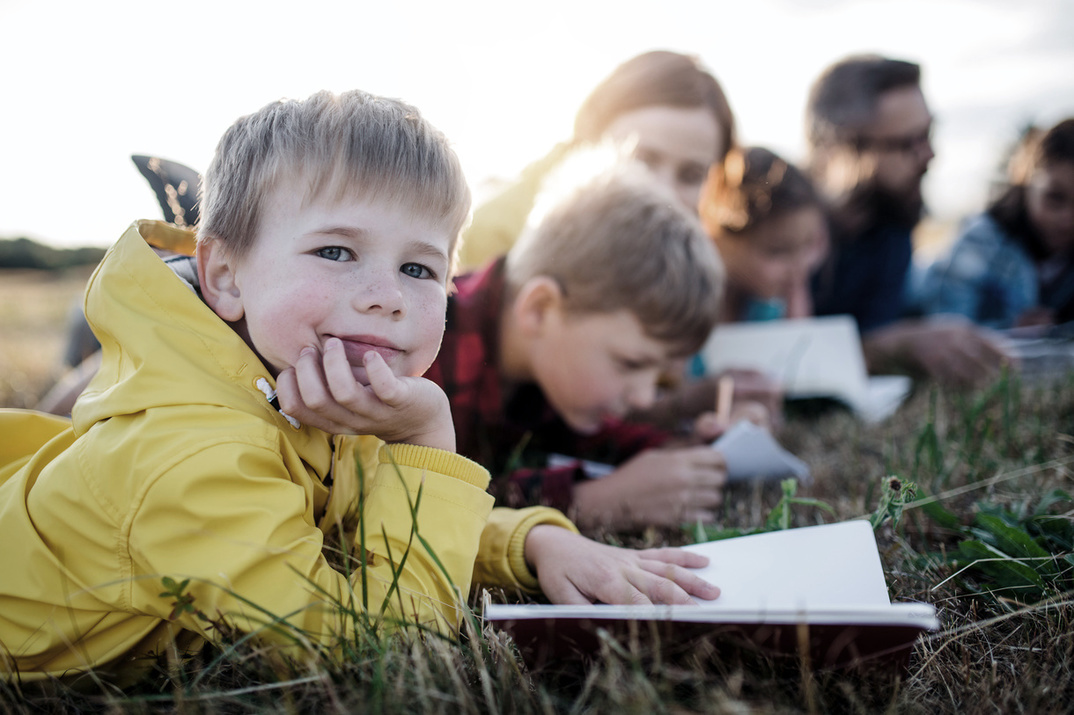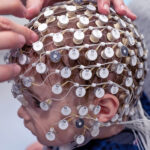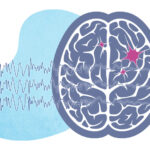How to help your child make and rekindle friendships at any age

Childhood friendships are key for mental and physical health. But friends come and go as a child ages, as they keep some longstanding relationships, makes new ones, and lose some. No matter the age and circumstance, friendships help children develop social and emotional skills, feel a sense of belonging, and decrease stress.
“Our earliest friendships give us practice for our adult relationships,” says Laura Luff, an integrated care psychologist at Fellsway Pediatrics in Boston Children’s Primary Care Alliance. “They help us learn what to expect from a good friend and set expectations for adult relationships.”
Elementary school friendships
Young children — some of whom spent a sizable portion of their lives in the COVID-19 pandemic — are not immune by a separation from friends, but they appear to be less fazed. Many experts agree they likely won’t be permanently impacted. After all, even in quarantine, young children absorbed new experiences with their parents, siblings, and pets.
Now that most children are back in school, they should feel comfortable with peers and friends at school and playdates. If your child has difficulty connecting with old friends, or with making new ones, try to listen closely and adapt to their needs.
“Focus on helping the child try different strategies to figure out what works,” Luff says.
Middle school friendships
In middle school, friends start confiding in each other and trying to solve each other’s problems. Their friendships help them learn to express their feelings constructively. Some research also suggests that close friendships at this age can help children deter or manage bullies.
By the time a child turns 12, they’ll understand that trust and support are the bedrock of any quality friendship. In turn, they often become less threatened if their friends have other friendships and more empowered by their strongest bonds.
“Caregivers can help their child try different strategies to figure out what will work with their friends,” Luff says. “Those lessons can be carried into the teen years and adult relationships.”
If your child feels down after a friendship falls apart, “validate how distressing losing a friend can be,” she adds. “Hear your child’s perspective and then help them decide if this relationship can be repaired or what strategies they could use to make new friends.”
High school friendships
Teenage friendships can be a source of great empowerment. They provide unconditional acceptance from their peers at an especially vulnerable time. Simultaneously, they’re beginning to figure out who they are beyond their family while trying to foster a sense of belonging among their peers.
Conversely, a lack of friends can lead to a sense of social isolation, which can be a precursor for mental health concerns. In a study of more than 4,000 teenagers, those without a close friend reported having depressive symptoms at a much higher rate than those who did.
As a parent, try to manage your own mental health and set a good example for self-care. Look for ways to spend time with your own friends — virtually or safely in-person.
Respect your teen’s individuality. Some teens are outgoing and have many friends, while others are content with one or two close friends. Every teenager is different.
When to seek support
If you sense your child is having a particularly tough time, look for signs that might indicate a deeper mental health concern. Talk to your family’s pediatrician if you notice they’re sad, withdrawn, struggling with daily activities, or having trouble focusing, eating, or sleeping.
“When children struggle to make friends, they are more susceptible to depression and other mental and physical health disorders,” Luff says. “Additionally, children with mental health challenges struggle to make friends, which can exacerbate their symptoms.”
If treatment is needed, it may be available through your pediatrician’s office. They may also recommend another mental health professional who can provide specialized treatment.
Many Boston Children’s Primary Care Alliance practices offer support for mental and behavioral health. Find a practice near you.
Related Posts :
-

Infantile spasms: Speeding referrals for all infants
Infantile epileptic spasms syndrome (IESS), often called infantile spasms, is the most common form of epilepsy seen during infancy. Prompt ...
-

EEG markers in early life could help predict and diagnose anxiety
Anxiety disorders are the most common mental health problem among children and adolescents and are a risk factor for adult ...
-

MIS-C’s long-term effects on mental and neurologic health
Children and adolescents who have had multisystem inflammatory syndrome in children (MIS-C) after exposure to COVID-19 are recommended to have ...
-

Which children in status epilepticus are most at risk?
Status epilepticus, a prolonged, potentially life-threatening seizure, is epilepsy’s most severe manifestation. Patients known to have refractory status epilepticus ...





